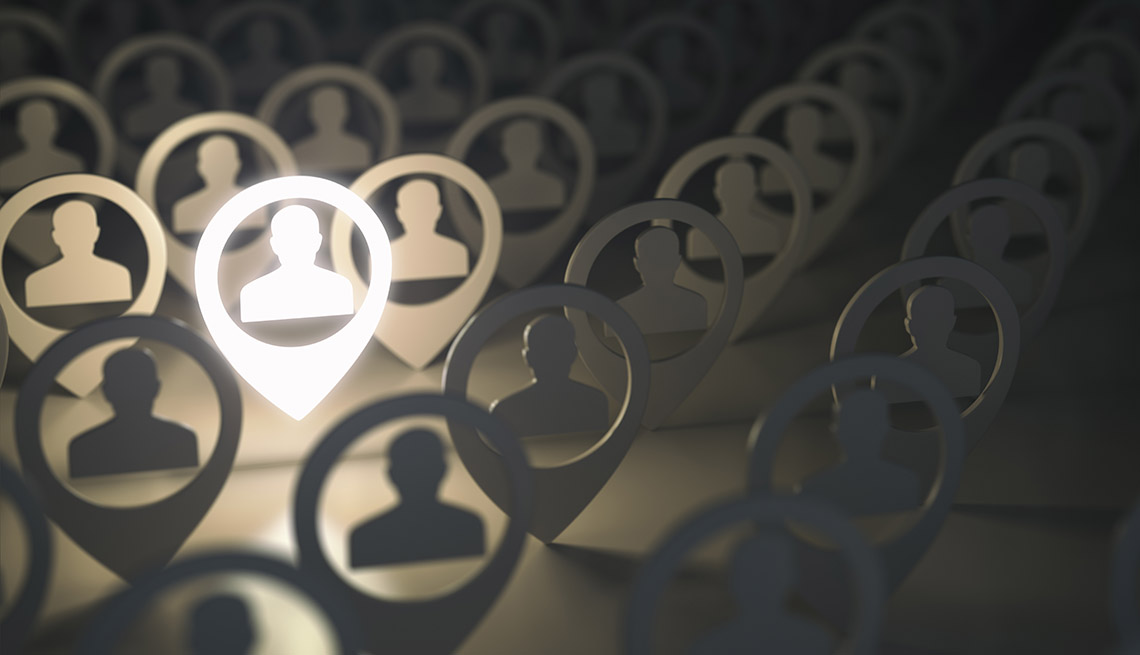AARP Hearing Center
Andy Reinhardt is comfortable shopping online, browsing the web and using apps.
Reinhardt, 60, spent a chunk of his career as a journalist covering tech. But Reinhardt draws the line with smart speakers.
"I just find them very creepy,” the San Francisco resident says. “I'm convinced that they are listening all the time, not just when you shout, ‘Hey Alexa.’ I've already had countless incidents where I'm discussing something highly unusual in the vicinity of my phone and suddenly started seeing ads related to the subject on my Facebook timeline.”
Reinhardt isn't the only member of his generation skittish about tech privacy. A fresh online survey of 2,807 adults ages 18 and older from AARP Research reveals that 34 percent of people age 50 and older cited privacy concerns as a top barrier to adopting new technology, behind only cost (38 percent) and lack of knowledge (37 percent). More than 8 in 10 (83 percent) indicated they are not confident that what they do online remains private.
"So many of those privacy concerns are absolutely valid,” says Gennie Gebhart, a privacy researcher at the Electronic Frontier Foundation nonprofit advocacy group. But “regardless of age or experience level, I never want those concerns to stop people from living their lives, from completing basic tasks and from accessing basic conveniences,” which may be increasingly necessary during the pandemic. She points to the troubles of people who are uncomfortable using the internet trying to arrange a COVID-19 test or vaccine appointment.
2021 Tech Trends
and the 50-Plus
• Read the entire report, which looks at the 10 biggest trends for older adults.
• See AARP’s privacy policy, online and otherwise
Often people who work in tech avoid delving too far into tech. The first thing retired tech marketer and angel investor Deb McAlister-Holland, 67, did when she and her husband bought a new house this past June in Longview, Texas, was to remove the Ring doorbell, smart thermostat, automatic sprinkler controls, motion detectors and cameras. Then they disconnected some odd wiring that connected cameras to something she couldn't identify.
"I know how to protect my data online. But I also know how easily always-on devices can be hacked. There is no easy way to protect a refrigerator or doorbell. Manufacturers collect a wealth of data from these devices, and consumers have no idea what is being collected,” she says.
Apple requiring developers to ask to track
What is being collected fuels a “large and opaque” $227 billion industry, according to a recent Day in the Life of Your Data report for consumers from Apple.
The average app that people use every day has six embedded trackers, Apple's report states. Data brokers use the data they harvest to assign attributes to users and bucket them into hyper-detailed market segments.
Beginning with the imminent iOS 14.5 software update and software for other Apple products, Apple is requiring app developers to seek users’ permission to track them across apps and websites owned by other companies. In the App Store, developers also must provide consumer transparency on their data collection and privacy practices on the company's product pages.







































































